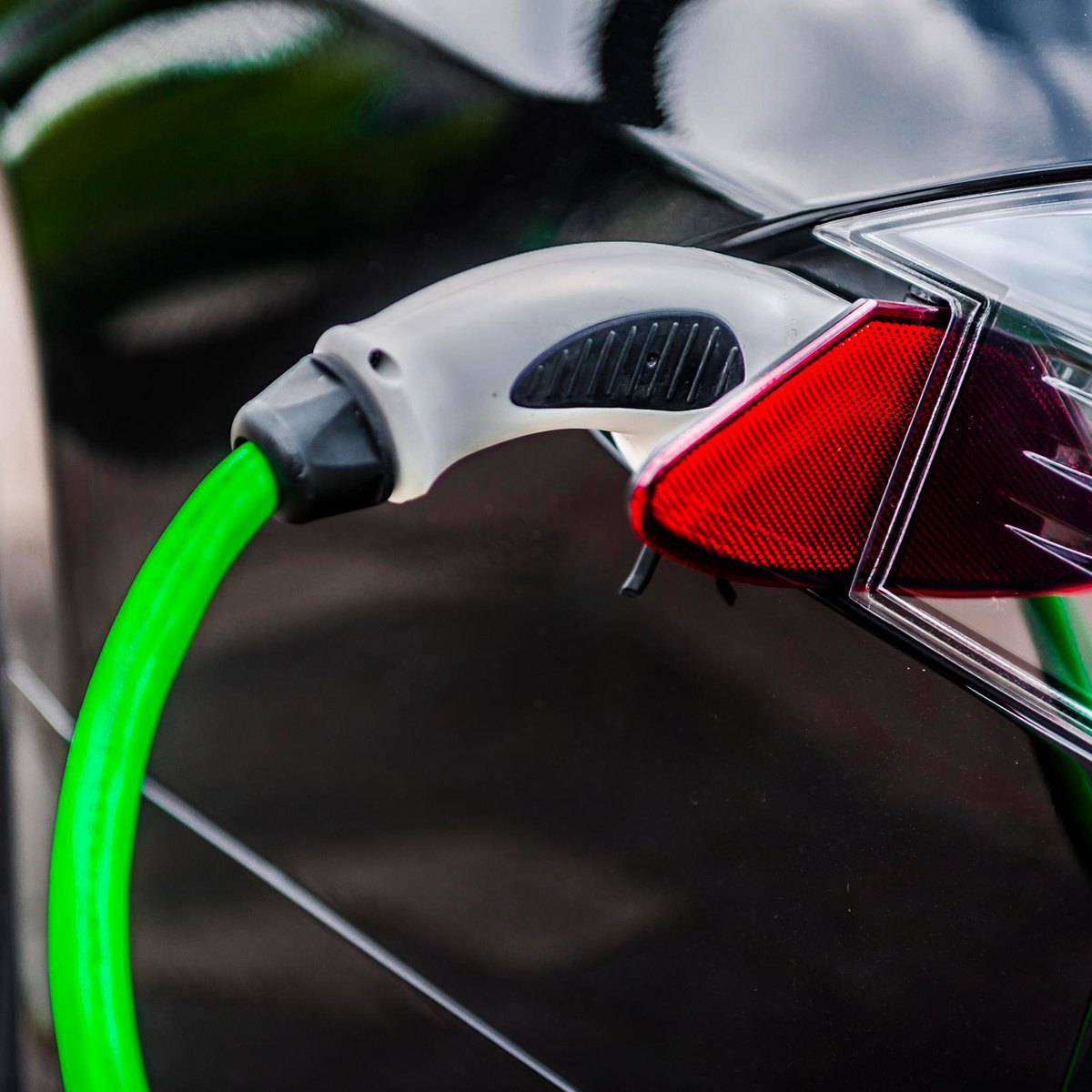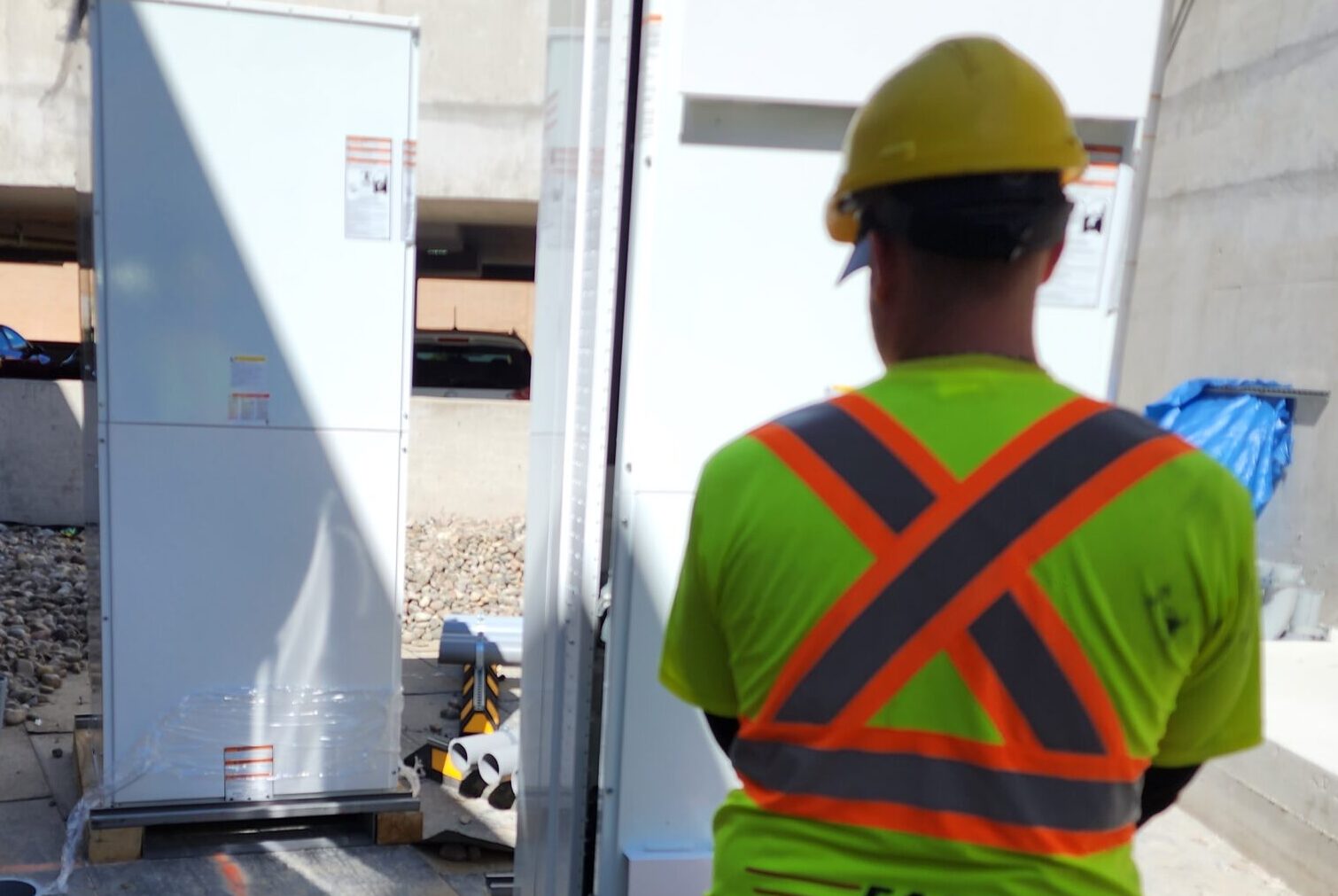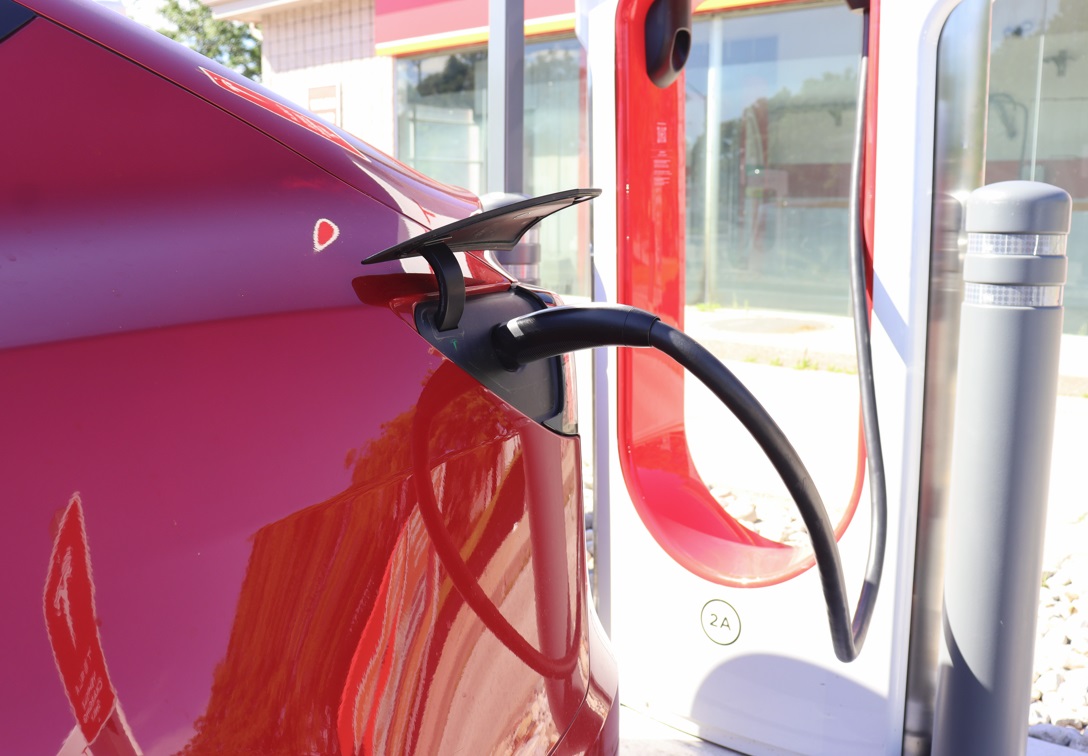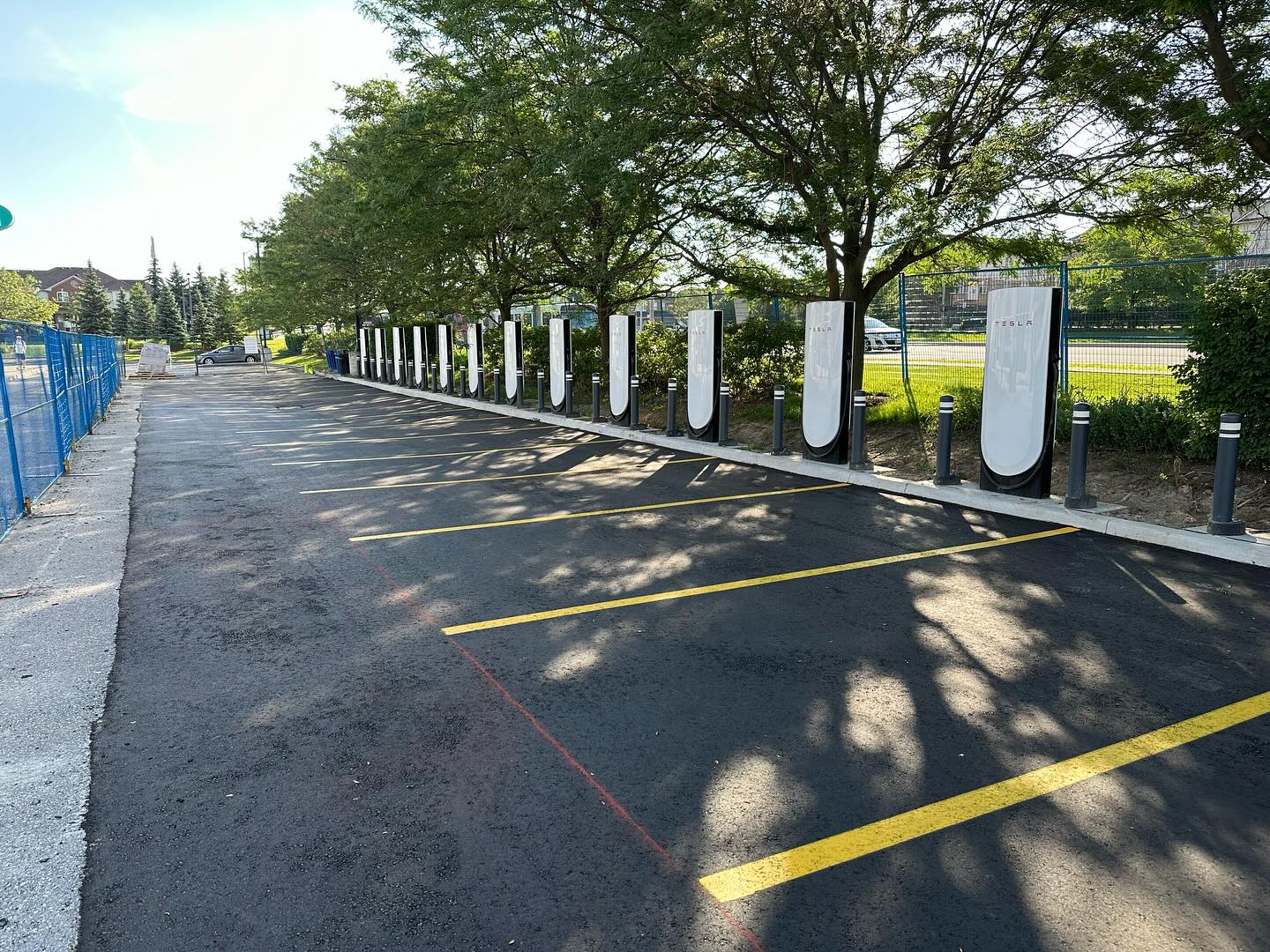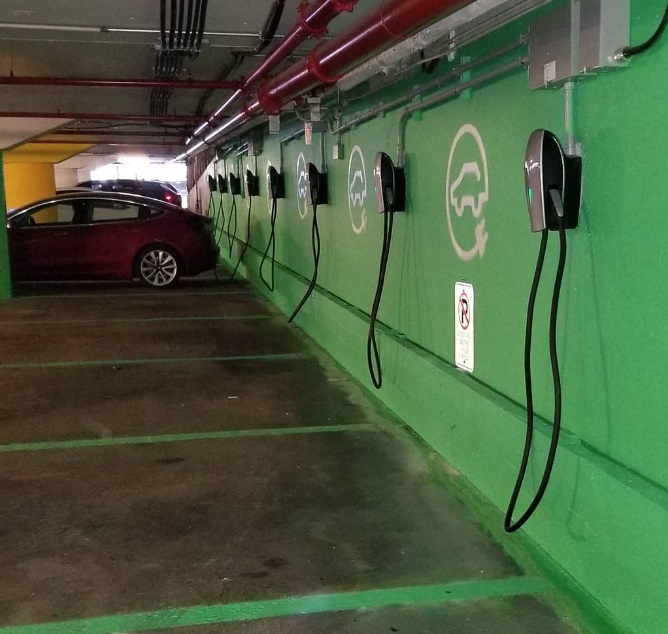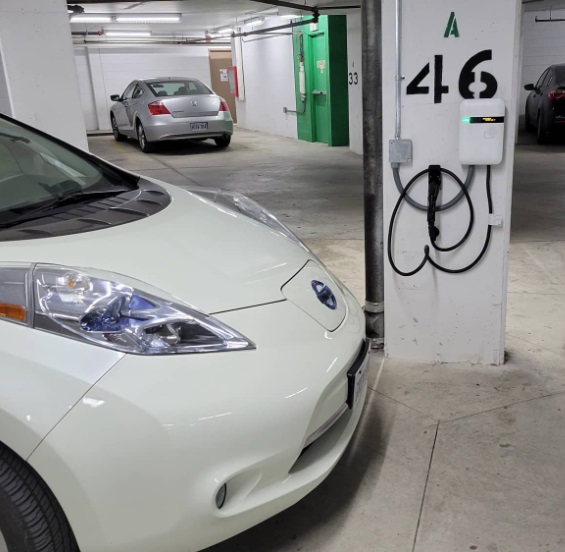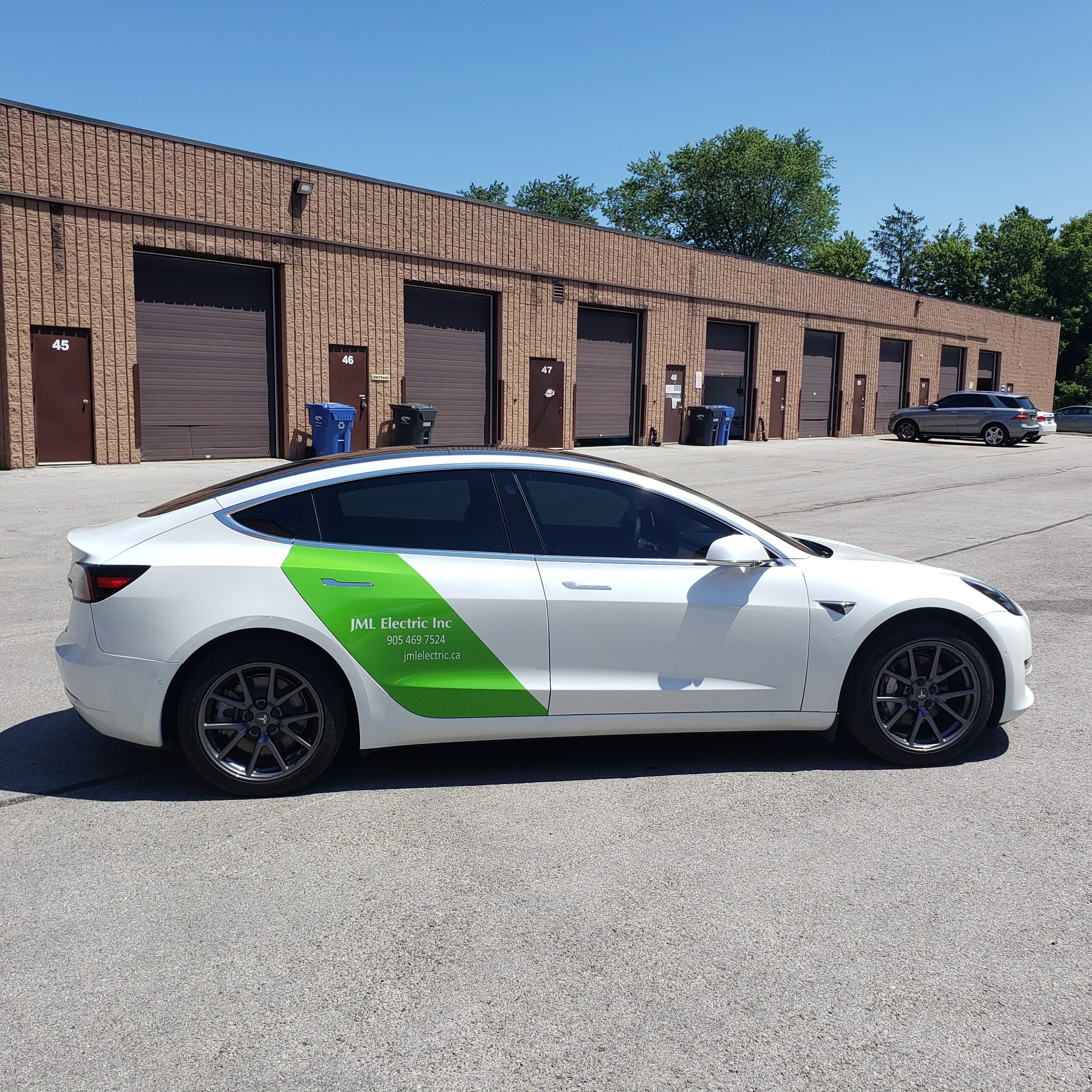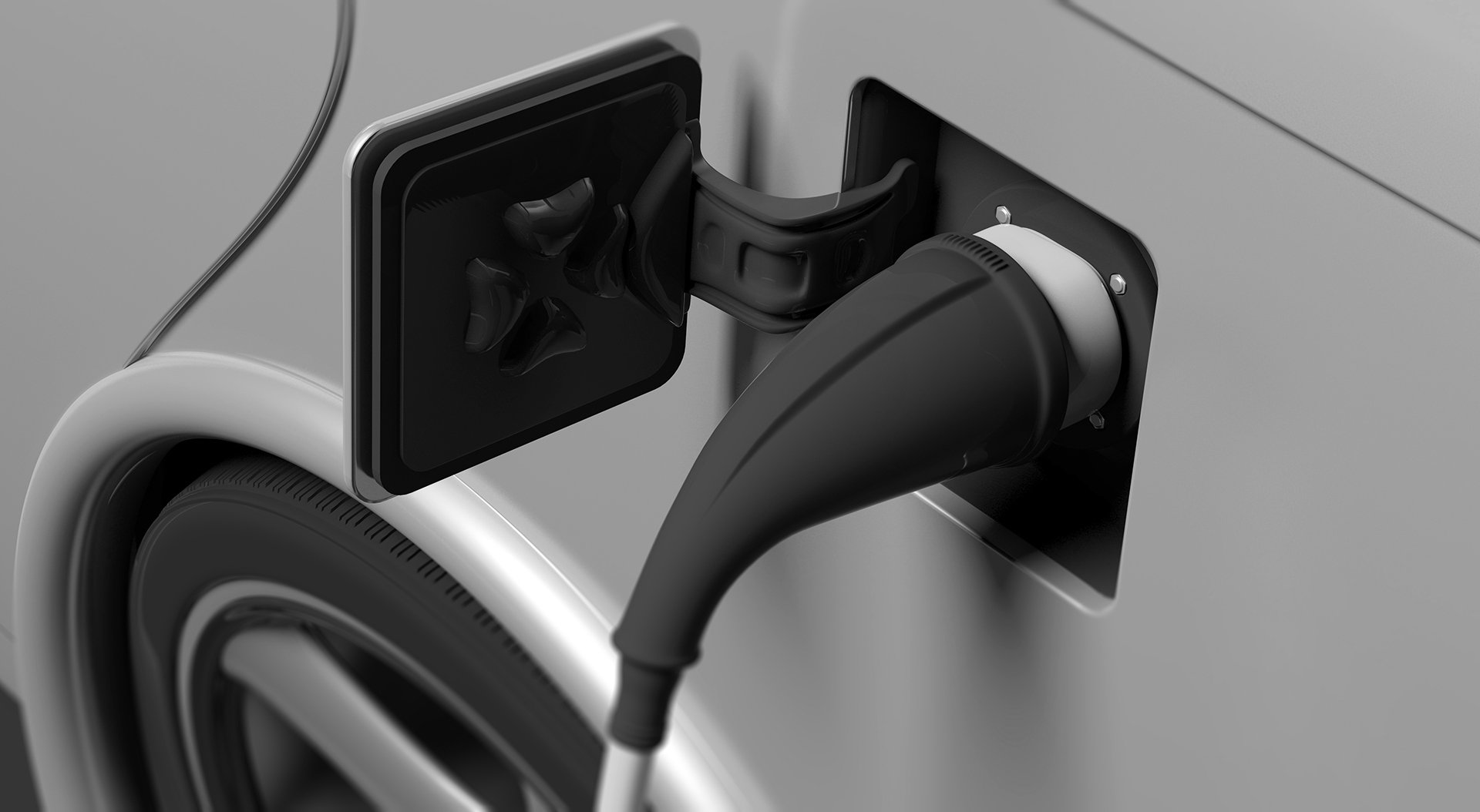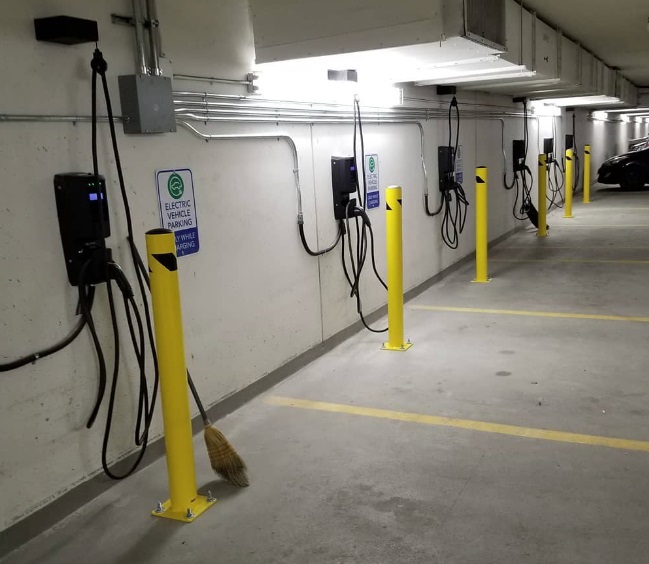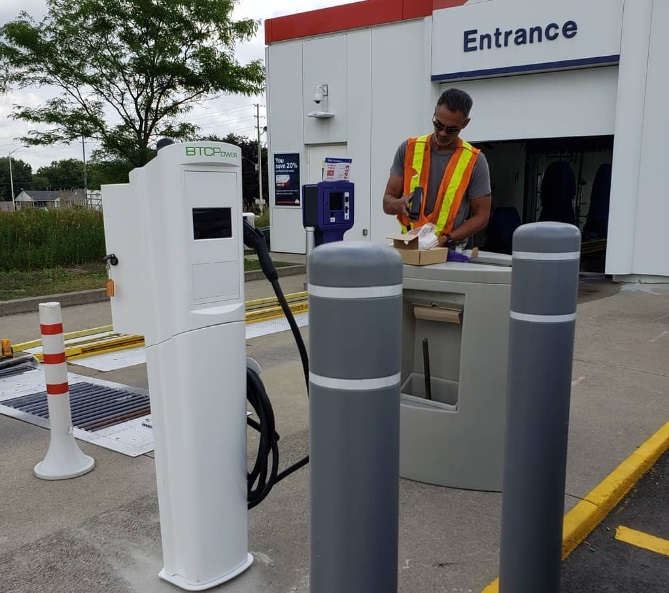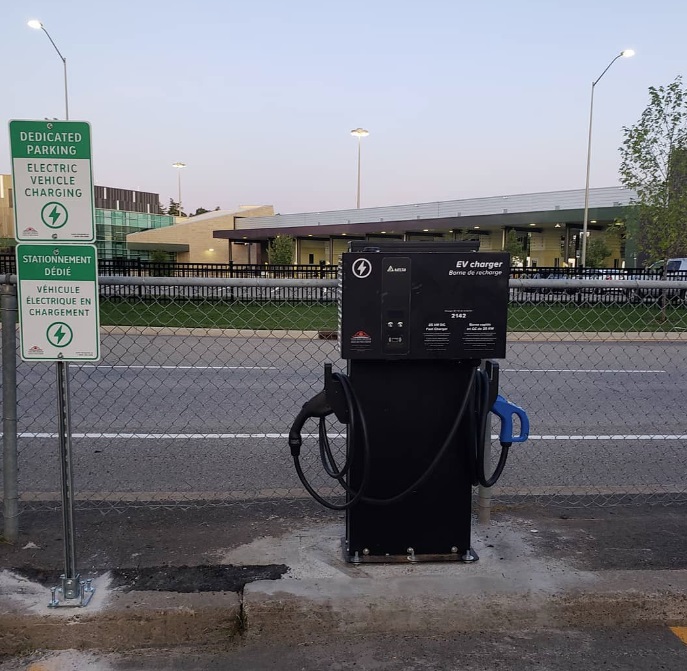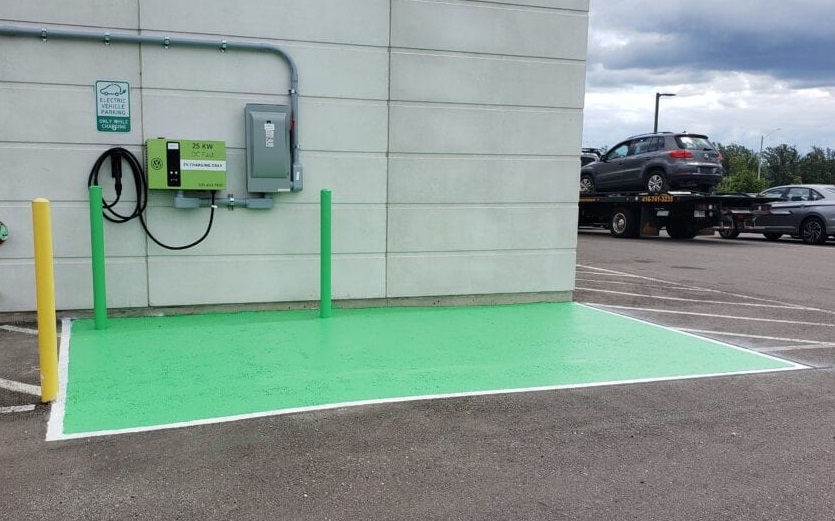
Install an EV Charging Station
JML Electric has been installing all sizes, makes and models of EV charging stations since 2010. We have lots of experience powering all types of chargers in residential and commercial properties. We excel in designing fleet charging infrastructure and also we have experience creating solar powered carports to collect the sun’s energy and shade the asphalt. Both installations are handy, profitable and work together to reduce the host businesses’ carbon footprint.
Joseph Edwards of JML Electric is a commercial electrician certified by Eaton to install EV charging stations from all manufacturers, including Level 2 chargers, and Level 3 DC Fast Chargers for personal or commercial utilization.
Cost to Install a Level 2 EV Charger
After a free inspection and consultation, JML Electric will install your new Level 2 EV charging station for between $900 to $1900 CAD and we’ll complete the job in less than two days. There may be other costs related to expanding your electrical panel, distribution, and installing other devices. Additionally there may be a fee for securing the necessary permits and follow-up inspections. The cost of installing an EV charging station in your home or commercial garage could be offset by securing government grants where applicable – call us for more information.
Tesla Level 2 Charger Installation
Installing a Tesla fast home charger in your garage or shop can cost between $900 and $1500. The Tesla home charger costs $887, and installation require only a few hours time, depending on your home or business wiring, your electrical panel and its capacity.
Grants for EV Charging Stations in Canada
The Government of Ontario offers grants for people or any entities developing EV charging infrastructure. More information is available in the Enercon website.
JML Electric Will Help You Select and Purchase the Necessary Equipment
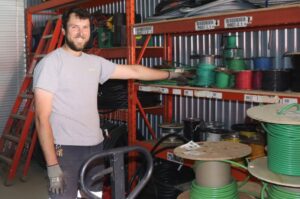
In our first meeting, we’ll determine the type of charger you require, helping you decide between Level 1 AC trickle-charger or Level 2 DC charger based on your vehicle’s needs, its battery capacity, and your own usage. You may find Level 1 chargers will suffice and these are easy to install as they only require a standard 120V connection and can be plugged into a wall outlet. Level 2 chargers require 240V outlets, and their own breakers in your electrical panel. Level 3 DC Fast chargers are owned by the manufacturer and best suited for commercial use as they require a higher voltage and more infrastructure. Level 3 DC Fast Charging hosts install apps and other software which measures consumption and their own remuneration as per Tesla. JML has level 2 charging stations in stock amd ready to install. We carry models made by FLO, Delta, EV Duty, and Bosch level 3 25kw. We offer complete residential and commercial installations for all vehicle manufacturers including but not limited to Tesla, Polestar, Nissan, Jaguar, Porsche, BMW, Ford, Chevrolet, Audi, Toyota, Kia, and Volvo. In our meeting, we’ll discuss the location you’ve selected for your charging station, and confirm the optimal spot to mount the hardware. We’ll consult and give our recommendations with an eye on convenience, accessibility, and the charge unit’s proximity to your electrical panel.
JML Electric will Manage all Permit Applications for EV Charging Stations
Depending on your location, we may need to secure legal permits from your municipality. JML Electric will review zoning regulations to ensure our proposed installation complies with local zoning laws, especially for commercial installations. We’ll submit the application and deal with inspectors to secure the necessary approvals.
JML Electric will Upgrade Your Electrical System (if necessary)
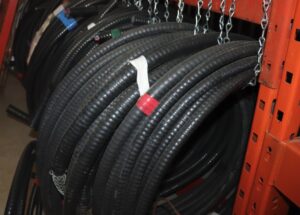
During our initial walkthrough, JML Electric will inspect your electrical panel to see if it has the capacity to support the charger, and we’ll advise if an upgrade is required.
Our electricians will handle new circuit installations; a dedicated circuit is usually required to safely handle the charger’s power requirements. If your home already has a 200-amp panel, your situation may be sufficient and you likely won’t need to upgrade your panel before installing an home EV charger. The exception is if your 200-amp panel is already operating at or near its capacity.
Many homes in Oakville still have 100-amp panels which are not robust enough for most makes and models of EV car chargers. Electrical panels with a 100-amp capacity were standard for many decades, but today they’re unable to handle our demands and not capacious enough to support a rapid charger.
For homeowners who have small panels, there are two options. They could use a Load Management Unit (typically a DCC-10) or install a Transfer Switch. Each of these devices gives you flexibility with regards to how your home’s electrical power is being used. Load management units measure the amount of power used by your home and cut power to connected devices if energy usage reaches 80%. Transfer switches, on the other hand, enable two appliances with high electricity demands to alternate when they use power. Both of these devices enable homeowners to get more from 100-amp panels alone, and they cost less than an electrical panel upgrade.
Trust JML Electric to Mount and Connect the EV Charger Unit
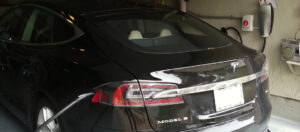
A certified and experienced JML electrician will mount the charger on a wall or a freestanding pedestal and connect the charger unit to your electrical system, testing the meter (where applicable,) and ensuring proper grounding and adherence to safety standards.
After installation, JML Electric will be present (when necessary) to meet and liaise with local inspectors who may need to verify the new installation meets all safety and code requirements. Our electricians will also test the charger to ensure it’s functioning correctly (and will pass inspection).
Set Up WiFi Network and Software (if applicable)
Most modern chargers offer smart features which require Wi-Fi or ethernet connections. JML electric will help you set up these connections to enable remote monitoring and management. We have experts on staff who can consult and help configure the necessary software or apps to track charging sessions, energy usage, and manage settings.
JML Electric offers Ongoing Maintenance Inspections, and Service Packages
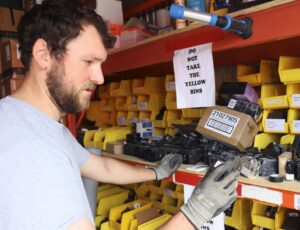
Depending on the size and complexity of your enterprise, your business may benefit from having our expert electricians periodically inspect your charger(s) and related electrical connections and components.
JML Electric’s experienced staff have keen eyes for malicious behavior and also for the normal wear & tear which degrades equipment over time. We’ll also keep an eye on your charger’s software to make sure it’s up to date so it benefits from the latest features and security enhancements.
Call JML Electric if the charge time for your EV is too slow.
Your car could be the issue. EV’s are equipped with an onboard charger which converts alternating current (AC) into direct current (DC) for charging the batteries. Most electric cars can handle approximately 7.6kW of AC power, equivalent to a 32A charger. If you connect a 48A charger to an EV with a 7.6kW onboard charger, the charging speed will be slower as per the car’s maximum power intake.
Some chargers limit the current output as a safety precaution, referred to as a fallback current. If your charger is equipped with a pre-configured load balancing setting, it’s producing lower output. Contact JML Electric and we’ll identify and adjust the fallback current parameters as necessary.
Upgrade Electrical Panel Before Installing EV Charger
Electricians at JML Electric will evaluate your current electrical system to determine if any upgrades are required. We’ll design the optimal set-up, keeping added costs to a minimum. You can trust us to procure all the necessary permits and to manage site inspections. JML staff are certified electricians with decades of experience. Hiring us for any installation ensures a trouble free experience in compliance with all municipal codes and safety standards.
“With an eye on creating a more environmentally sustainable transportation system, the Ontario government recently announced they’re streamlining initiatives to simplify EV charger regulations.” Joe Edwards

Ontario’s provincial government has recently streamlined regulations to make it easier for businesses and investors to navigate the process of installing EV charger infrastructure for public, commercial properties, multi-unit residential buildings, and commercial fleets.
The new initiative will require Ontario’s commercial electricians to align their processes for connecting public EV charging stations, including the use of standardized forms, timelines, and data requirements.
The new rules came into effect on May 27, 2024 and should help applicants overcome administrative hurdles and is expected to encourage more EV charging stations to be built, strengthening confidence in Ontario’s EV charging networks and encouraging EV adoption.
